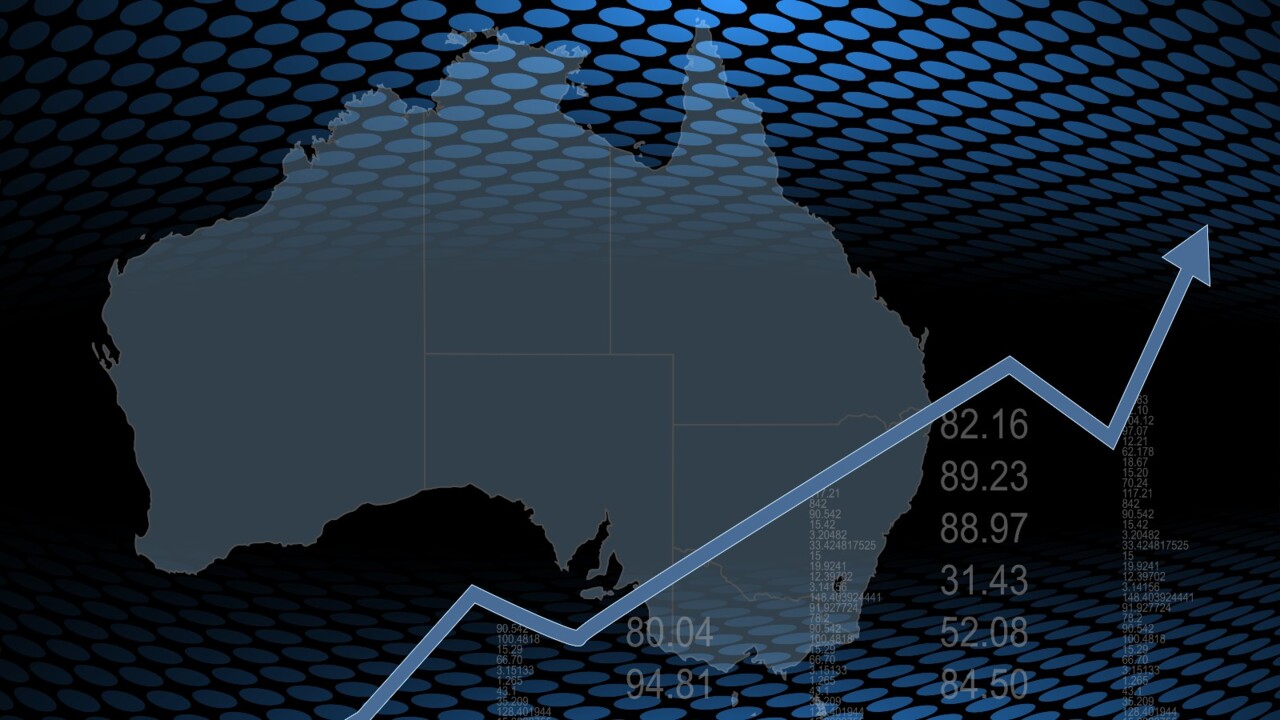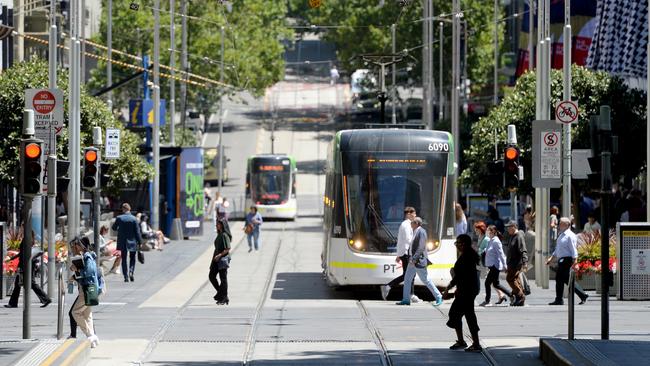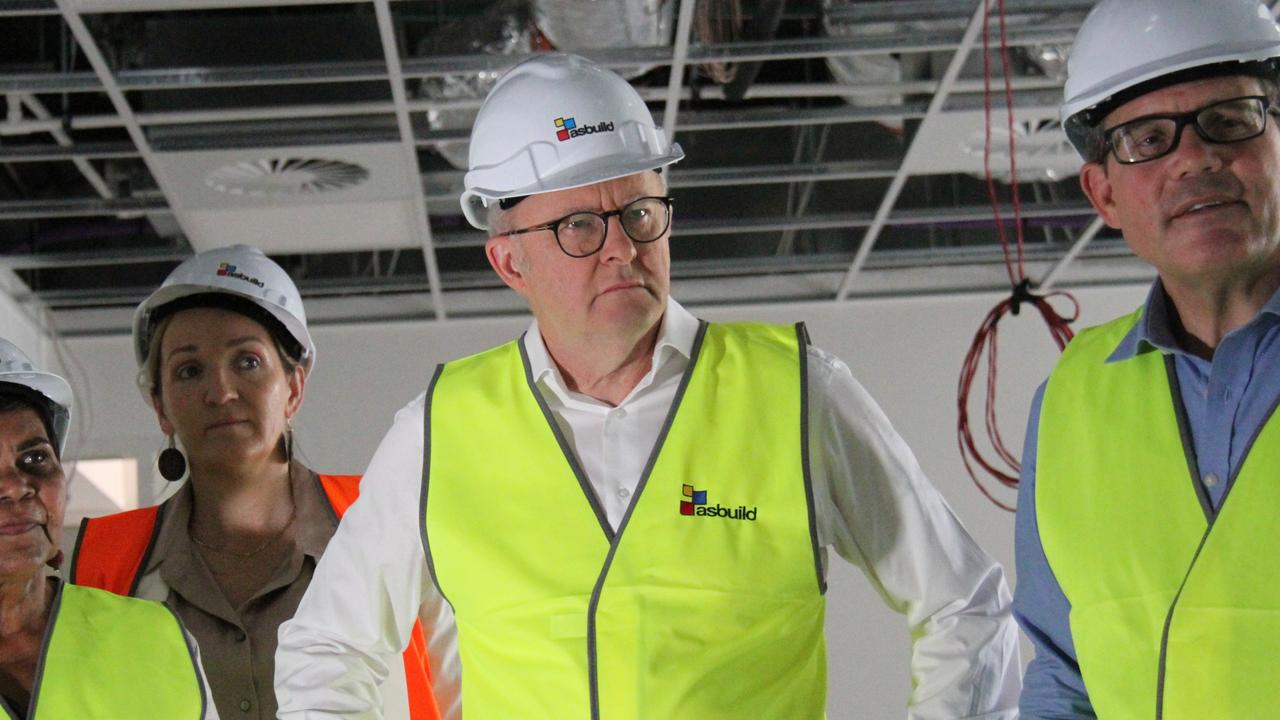Family finances under ‘intense pressure’, says Westpac report
Australian families are more worried about the state of their household budgets than at any other time in the past three decades, Westpac’s latest sentiment report has revealed.

A spike in petrol prices and soaring power bills have left families more worried about the state of their finances than at any other time in the past three decades, despite the decision by the Reserve Bank to hold rates for a third straight month.
As cost-of-living pressures bite, Westpac’s latest household sentiment survey also showed the overall consumer confidence index deteriorated further in September to below 80 points, from 81 points the month before (where a score of below 100pts reflects more negative than optimistic responses).
As a collapse in consumption growth drags on the national economic growth, Westpac chief economist Bill Evans said “sentiment has languished at deeply pessimistic levels for more than a year now”.
“Since the survey began in 1974, the only comparable period of such sustained weakness was during the recession of the early 1990s, when even weaker levels held for more than two years,” Mr Evans said.

Westpac’s subindex measuring family finances versus a year ago dropped 4.4 per cent to 61.5 points – more than 10 per cent down from this time in 2022, and the lowest since mid-1992.
With petrol prices surging 15 per cent in two months, and power bills pushing higher, Mr Evans said “the strong message from (the) survey detail is of ongoing intense pressures on family finances”.
Amid the bad news on cost of living, indebted households were heartened by growing confidence the RBA may be done hiking rates.
With investors betting there is only a one-in-four chance of an RBA cash rate increase over the coming six months, the share of respondents expecting mortgage rates to rise in the coming year fell again in September, to 52 per cent, from 66 per cent the month before.
That helped trigger an 8 per cent jump in confidence among mortgage holders to just under 80 points, the survey revealed.
This was more than offset by a 6 per cent deterioration among both renters (to 81 points) and those who owned their homes outright (to 77 points).
A property price rebound over recent months has also likely buoyed sentiment among homeowners, with new Australian Bureau of Statistics data showing the average home price nationally lifted from $888,000 in March, to nearly $913,000 in June – an increase of $25,200.
In the most expensive market, NSW, average property values jumped $41,600 in three months to $1.168m, ABS data showed.
Average dwelling prices in Queensland jumped by $25,900 in the quarter to $781,600, and in Victoria prices lifted by $13,000 to $905,000.
In sharp contrast to deepening household pessimism, a separate survey from NAB revealed a “run of resilience through the middle of the year” for the business community, where conditions “remained well above average despite the broader slowing in the economy”.
Confirming the divergent trend, NAB chief economist Alan Oster said business confidence had pushed into positive territory over the past two months, as firms reported improvements in trading conditions, profitability and employment intentions.
“Businesses continue to report very high levels of capacity utilisation suggesting that even with growth slowing, the balance of supply and demand in the economy remains very tight overall,” Mr Oster said.
“With the recent national accounts release showing GDP growth remained subdued but still positive through (the June quarter), the survey results for August suggest the economy has remained resilient into (the September quarter).”
A rapid increase in net migration has helped to lift economic output over the first half of this year, even as the real GDP per capita has contracted.





